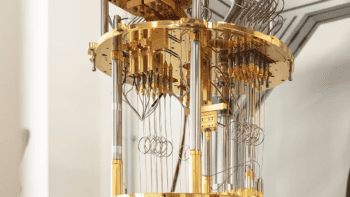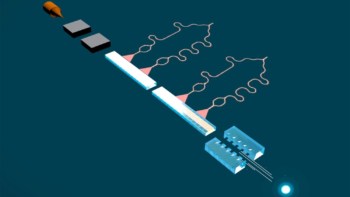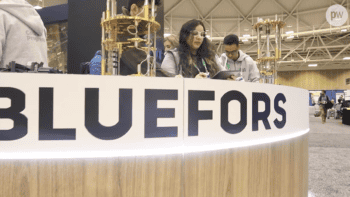Available to watch now, The Electrochemical Society, in partnership Hiden Analytical and Gamry Instruments, explores electrochemical impedance spectroscopy in lithium-ion batteries
Want to learn more on this subject?

Be it improving energy density or cycle life or reducing cost, understanding the failure modes of batteries in a non-destructive mode is critical during the design, product development and manufacturing of lithium-ion batteries.
Electrochemical impedance spectroscopy (EIS) provides the ability to access and decouple the failure modes based on the processes’ timescale. Analysis of recorded EIS can be done either through phenomenological modelling or equivalent circuit modelling, with each having its own pros and cons.
This webinar reviews the basics of applying EIS for understanding the phenomena in lithium-ion batteries, the experimental details and protocols, and the types of models with a few case studies.
Want to learn more on this subject?
 Chockkalingam (Chock) Karuppaiah has more than 23 years of experience in electrochemical and energy product development. Products he developed include polymer electrolyte fuel cells, flow batteries and solid oxide fuel cells. He was involved in the design, development and manufacturing scale-up of seven different products. His professional experience includes being vice-president of engineering, Bloom Energy; founder, EC Labs; research professor, Case Western Reserve University, US; manager of the Fundamentals Team, Plug Power; and research staff, Los Alamos National Lab.
Chockkalingam (Chock) Karuppaiah has more than 23 years of experience in electrochemical and energy product development. Products he developed include polymer electrolyte fuel cells, flow batteries and solid oxide fuel cells. He was involved in the design, development and manufacturing scale-up of seven different products. His professional experience includes being vice-president of engineering, Bloom Energy; founder, EC Labs; research professor, Case Western Reserve University, US; manager of the Fundamentals Team, Plug Power; and research staff, Los Alamos National Lab.
Dr Karuppaiah received his BS in chemical and electrochemical engineering from the Central Electrochemical Research Institute, India (1993), and PhD in electrochemistry and fuel cells from Rensselaer Polytechnic Institute, US (1997). He has authored 21 published patents.





